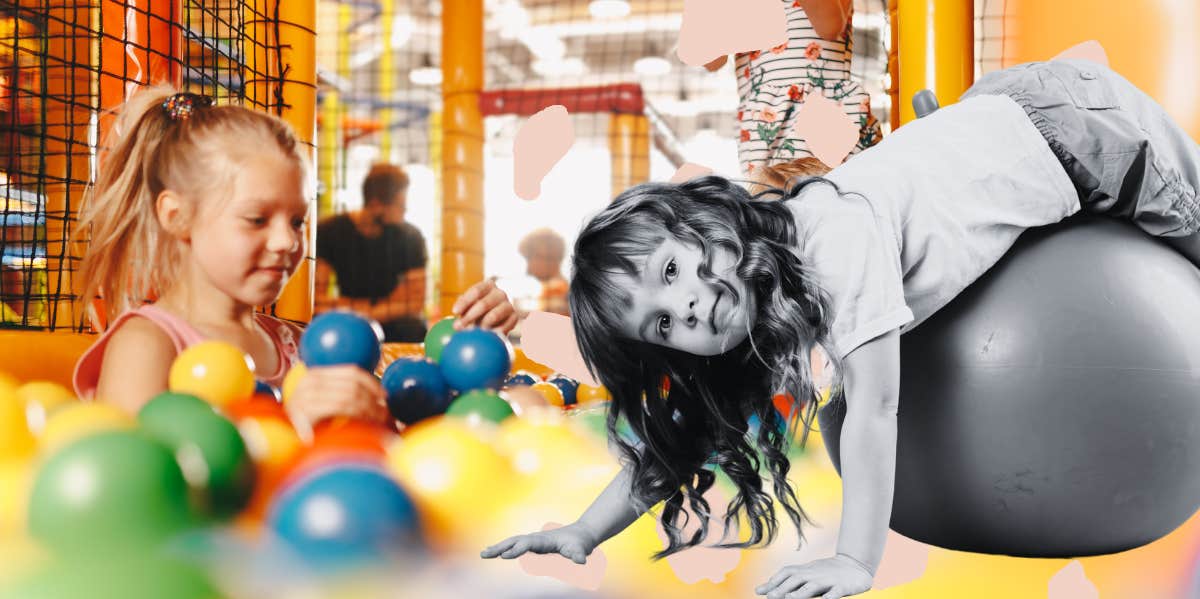Your Child Wasn't Born Nice, According To Research
It turns out kids have to learn kindness in order to exhibit it.
 Alena Ozerova, matimix via Canva
Alena Ozerova, matimix via Canva There are many things that make me go back and forth about having kids. One of them is how expensive they are, the second is how parenting is so time-consuming and the third is a very unpopular opinion but children, especially toddlers, are mean,
This is when mothers will probably say "Not my child," but let's face it. A kid has multiple moments throughout the day when he or she can be terrible.
The kid sees everyone bending over backward to supply all of his or her needs and feels entitled. Also, they come out of the womb not understanding that hitting another human being is not acceptable.
I get it. Kids that age are angry they can't call the shots or understand why there are rules in place. But that still doesn't change the fact they're mean.
Now, there is a study that backs this up and explains what ends up softening children and encouraging altruistic behavior.
In 2006, a study had an experimenter roll a ball back and forth with a child in order to gain trust. At some point, the experimenter would pretend to accidentally knock something off a table. The test was to see if the child would help by picking it up, and whether conversing and building a relationship was what caused the altruistic behavior.
It's always been a big question, of whether we're born altruistic, or if it's something we acquire from our environment, the study says. Many psychologists believe it to be an evolutionarily beneficial adaptation, as it meant that others in your group would look out for you, thus ensuring safety and a higher chance of survival.
In the new experiment, the experimenter played with one ball and the child played with his or her own ball. They talked to each other as they played separately, and then the experimenter would knock something off a table and then would see if the child would pick up the object for the experimenter or not.
In the end, children who played with the experimenter were three times more likely to pick up the items than the children who were not interacted with at all.
So what does this mean? Well, before scientists thought babies were born with innate altruism, but this study proves that kids aren't born wanting to help others.
Instead, it relies more on close relationships than anything nature would provide us. You have to build trust with them in some kind of way, and possibly scratch their back before they scratch yours.
Nicole Weaver is a senior writer for Showbiz Cheat Sheet whose work has been featured in New York Magazine, Teen Vogue, and more.

